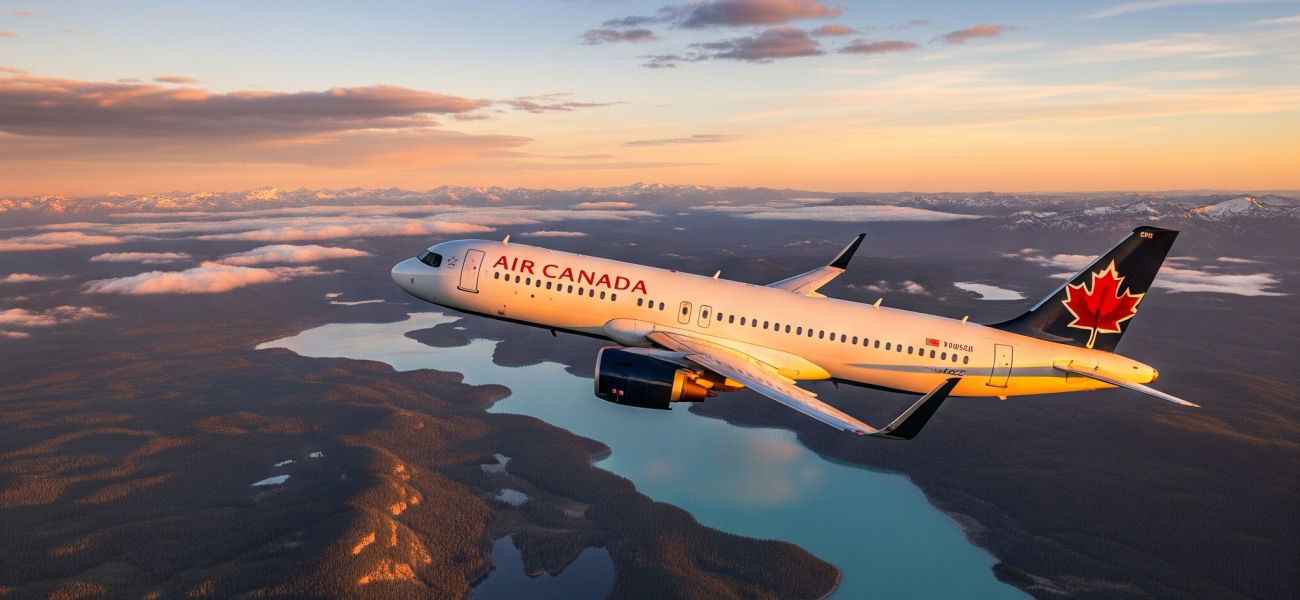Travel Insurance in Canada: Your Complete Guide
Whether you are planning a quick trip to the United States, a family vacation overseas, or inviting loved ones to Canada, travel insurance is one of the most important preparations you can make. Unexpected medical emergencies, flight cancellations, or lost luggage can quickly turn into costly problems without proper protection.
In this comprehensive guide, we will explore what travel insurance is, why it matters for Canadians, the types of coverage available, and how to choose the right policy for your needs.
What Is Travel Insurance?
Travel insurance is a type of policy designed to protect you from unexpected events while traveling. Depending on the plan, it may cover:
- Emergency medical expenses abroad
- Trip cancellation or interruption
- Medical evacuation and repatriation
- Lost or delayed baggage
- Accidental death and dismemberment
Without travel insurance, you may be left paying thousands of dollars out-of-pocket for medical care or non-refundable travel costs.
Why Do You Need Travel Insurance?
Many Canadians mistakenly believe that their provincial health insurance plans will cover them internationally. In reality, provincial coverage is extremely limited outside Canada and often does not cover essential services like ambulance transport, hospital stays, or medical evacuation.
According to Travel.gc.ca, Canadians traveling abroad are strongly advised to purchase comprehensive travel insurance that includes:
Emergency medical coverage
Hospitalization and doctor visits
Medical evacuation to Canada or the nearest facility
Repatriation of remains in case of death
Even within Canada, when you travel outside your home province, not all medical costs may be covered. Travel insurance ensures peace of mind no matter where you go.
Types of Travel Insurance in Canada
1. Emergency Medical Travel Insurance
Covers the cost of unexpected medical emergencies, hospital bills, prescriptions, and ambulance services outside Canada.
2. Trip Cancellation and Interruption Insurance
Reimburses non-refundable expenses (flights, hotels, tours) if you need to cancel or cut your trip short due to illness, weather, or other covered reasons.
3. Baggage and Personal Effects Insurance
Provides compensation for lost, delayed, or damaged luggage and personal belongings.
4. Visitor to Canada Insurance
Designed for tourists, international students, and new immigrants who are not eligible for provincial health coverage.
5. Super Visa Insurance
Required for parents and grandparents visiting Canada under a Super Visa. It must provide at least $100,000 CAD in emergency medical coverage for a minimum of one year.
6. Annual Multi-Trip Insurance
Ideal for frequent travelers. Instead of buying insurance for each trip, one policy covers unlimited trips within a year, usually with a maximum trip length per journey (e.g., 30 or 60 days).
What Travel Insurance Should Cover
How Much Does Travel Insurance Cost in Canada?
The cost of travel insurance depends on:
Age of the traveler (seniors often pay more)
Destination (healthcare costs vary by country)
Length of trip (longer trips = higher premiums)
Type of coverage (basic medical vs. comprehensive including cancellation)
Pre-existing conditions (coverage may cost more or require special approval)
On average, a Canadian traveler might expect to pay 4–10% of the total trip cost for insurance. For example, a $3,000 trip may cost between $120 and $300 in insurance.

How to Choose the Right Travel Insurance Plan
Here are practical tips to help you select the best policy:
Assess your needs: Medical-only or full coverage with trip cancellation and baggage protection?
Compare multiple providers: Look beyond price—check coverage limits, exclusions, and claim processes.
Read the fine print: Pay close attention to exclusions and definitions of pre-existing conditions.
Look for 24/7 support: In case of an emergency abroad, having immediate assistance is crucial.
Check for family or group plans: These can be more cost-effective.
FAQ
1. Is travel insurance mandatory for Canadians?
No, but it is strongly recommended for all international trips and sometimes required for visas (e.g., Super Visa).
2. Does OHIP or provincial health care cover me abroad?
Only partially. It may cover a fraction of emergency costs, but not ambulance, evacuation, or most treatments.
3. Can I get coverage for pre-existing conditions?
Yes, but most insurers require that the condition be stable for a certain period (often 90–180 days) before departure.
4. How early should I buy travel insurance?
For trip cancellation coverage, buy it when you book your trip. For emergency medical, purchase before your departure date.

Bonjour Insurance: Providing you with the best insurance services.
Services
Get In Touch
- Email: info@bonjour-assurance.ca
- Phone: 1-888-929-1113
- Hours: Mon-Fri 9:00AM -7:00PM
- Sat &Sun 9am to 12pm